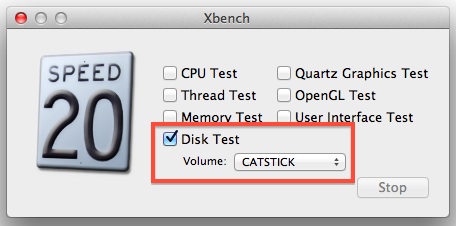


In most cases, you can reformat the drive from the settings on your game console. This is particularly common if you’re using your external SSD with a video game console. In some cases, you may need to reformat the drive to use it with your computer. Not all external SSDs are compatible with all operating systems because different operating systems store files differently.The manufacturer should state the operating system compatibility. These speeds are limited by your interface, but it’s rare that an interface is too slow to keep up with the read and write speeds of an external drive. The fastest drives offer read speeds of around 560 MBps or slightly faster, though a speed of 350 MBps to 400 MBps will fit most users’ needs. If speed is a top priority, which may be the case if you do a lot of gaming or video editing, you should look into the read and write speed of the model you select.Įxternal SSDs have a read speed that slightly exceeds the write speed. Some drives with Thunderbolt ports may include additional ports, turning it into a hub for additional devices and displays. Thunderbolt 3.0 ports can transfer data at up to 40 Gbps, allowing you to get the most out of your external SSD in terms of speed and data transfer. USB-Coffers up to 10 Gbps, making it a superior choice to USB 3.0. Most computers have USB ports, making this a safe option for an SSD interface for most users. This is important not only to ensure that your drive is able to plug into your computer but also to get the best data transfer speeds available. The interface of an external SSD determines how it connects to your computer. You’ll need at least 1 TB of storage for these. Larger: Video games and large video files quickly eat up space. To be on the safe side, you may want to aim for 1 TB or even 2 TB. Midsize: Photos and videos call for a medium-size drive. Smaller: For storing documents and music, a smaller drive may meet your needs. More is more when it comes to storage, but a larger drive almost always results in a higher price, so there’s no need to pay for more storage than you really need. How much space you need depends on what you’ll be using your drive for and how many files you intend to store on it. Most external SSDs have from 128 GB to 2 TB of storage space. While bumps and extreme temperatures don’t affect SSDs, they still have small parts capable of failing and rendering the drive useless, but all in all, SSDs are more reliable and longer lasting than HDDs. SSD: SSDs can reach speeds of 500 MBps or higher, which can be extremely useful if you intend to play video games or edit videos on your computer. HDDs have moving parts, making them more susceptible to damage than SSDs. How fast the data can be transferred depends on the speed of the spinning disk, typically maxing out at 200 MBps. HDD: An HDD uses a spinning disk to read and write data. Hard disk drives, or HDDs, are the traditional form of data storage and offer the same amount of storage as SSDs for a lower price.

The first question you should ask yourself is whether a solid-state drive is the right fit for your needs. When shopping for an external SSD, you should have an idea of how much space you need, how often you will use the drive, and whether you’ll take your drive on the go. Larger external SSDs not only offer more space but can also read and write faster. Toward that end, we’ve compiled this shopping guide, complete with some of our favorites, to help you. Even though data storage is cheaper than ever, you should still carefully consider your needs when purchasing an external solid-state drive for your computer.

For storing data while adventuring and enduring the elements, some external SSDs are fully waterproof and drop-proof.Īll external solid-state drives may function in a similar way, but models vary in design, intended use, and transfer speeds. If you need a drive that travels well, there are external SSDs designed to be as slim and lightweight as possible. Some external SSDs are better suited to backing up files, while others are better for everyday accessing of files. The lack of mechanical moving parts in a solid-state drive allows it to quickly transfer data and reduces the chance of data loss. Buying guide for best external solid-state drivesĪn external solid-state drive (SSD) provides a reliable and easy-to-use way to store your data and access it quickly.


 0 kommentar(er)
0 kommentar(er)
